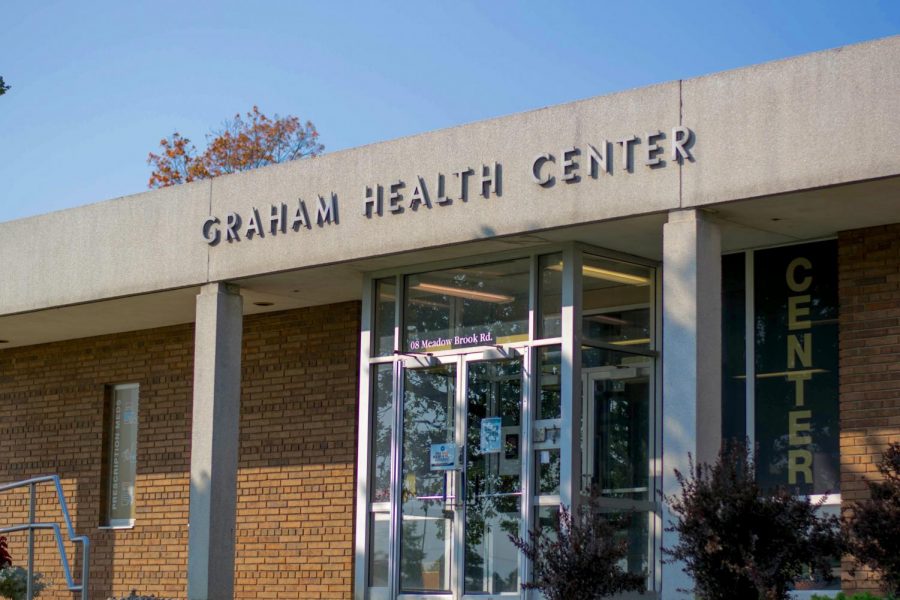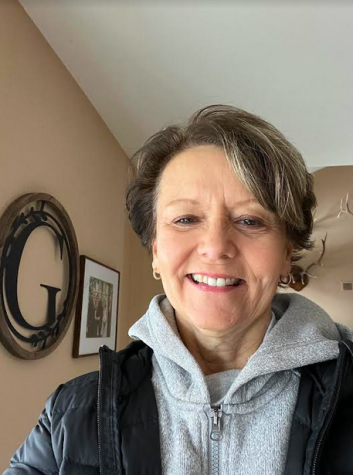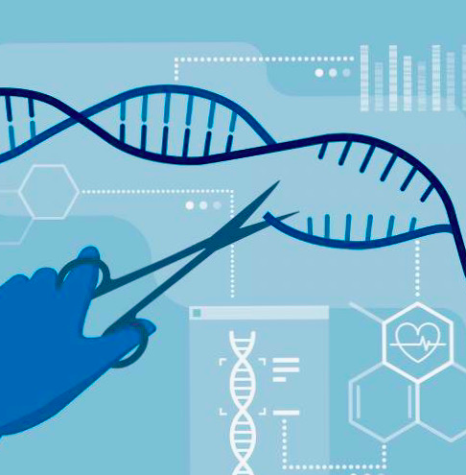COVID-19, monkey pox, flu protocols for the new semester
Graham Health Center will be distributing flu vaccines.
The 2022 fall semester marks the third school year of the pandemic. However, this year COVID-19 concerns have been accompanied by new caution around the rapid spread of the monkeypox virus, as well as the upcoming flu season.
As students return to campus and many courses transition to in-person teaching, Oakland University and the University Housing have been putting effort into maintaining safe learning environments for students by revising several guidelines regarding COVID-19 for the new semester.
- Not cover the cost for on-campus COVID-19 testing anymore, as the testing is available at various facilities in the community. Testing services are still available, but will prioritize individuals who are experiencing symptoms or who have been exposed to COVID-19.
- Students with potential symptoms of COVID-19 or monkeypox will be able to seek medical consultation on and off-campus. The Graham Health Center (GHC) is equipped to provide testing and guidance to symptomatic students.
- High-touch areas such as public lounges, bathrooms, printing stations, ATMs and computers will be sanitized frequently.
All faculty, staff and students will:
- Not come to campus and be tested for COVID-19 if they experience any symptoms of illness;
- Upload their positive COVID-19 test results to the Graham Health Center portal;
- Notify any close contacts after testing positive for COVID-19
- Follow MDHHS guidelines for isolation if they test positive for COVID-19
OU also noted that the vaccine mandate and exemption approval process will remain in place throughout the new school year. Currently, the vaccination verification deadline for the Winter 2023 semester is Monday, Dec. 12.
Vaccination records should be uploaded to the Graham Health Center’s patient portal. Students can refer to the step-by-step instructions on how to upload vaccination records. Requests for vaccination exemptions are reviewed by the Dean of Students office. More information for students can be found on the Dean of Students website.
Similar guidelines apply to monkeypox. Although the current risk of getting monkeypox in the general public is very low and the virus is much less contagious than COVID-19, it is important to stay alert and be aware of how to protect yourself from this outbreak.
Monkeypox has similar symptoms as those of COVID-19 — such as rash, fever, swollen lymph nodes and chills. This can be prevented by avoiding direct or close contact with people with these symptoms.
The JYNNEOS vaccine is approved for prevention of smallpox and monkeypox. Individuals who have been identified as a close contact of someone with monkeypox or whose sex partners in the past two weeks has been diagnosed with monkeypox may want to receive the vaccine.
Because there is still not enough information and evidence about the vaccine in the current outbreak, people who are vaccinated are encouraged to continue to protect themselves from infection by avoiding close, skin-to-skin contact with someone who has monkeypox.
With the flu season approaching, we are confronted with three major viruses: COVID-19, monkeypox and influenza. According to the Centers for Disease Control and Prevention (CDC), the flu caused 140,000-710,000 hospitalizations and 12,000-52,000 deaths annually between 2010 and 2020. In the 2020-2021 flu season, however, only around half of adults got a flu shot.
CDC recommends that ideally, everyone should be vaccinated by the end of October. Flu vaccinations are widely available, and OU GHC also offers both during fall and winter semester for 20 dollars or free with accepted insurance or during Campus Flu Challenge events.











